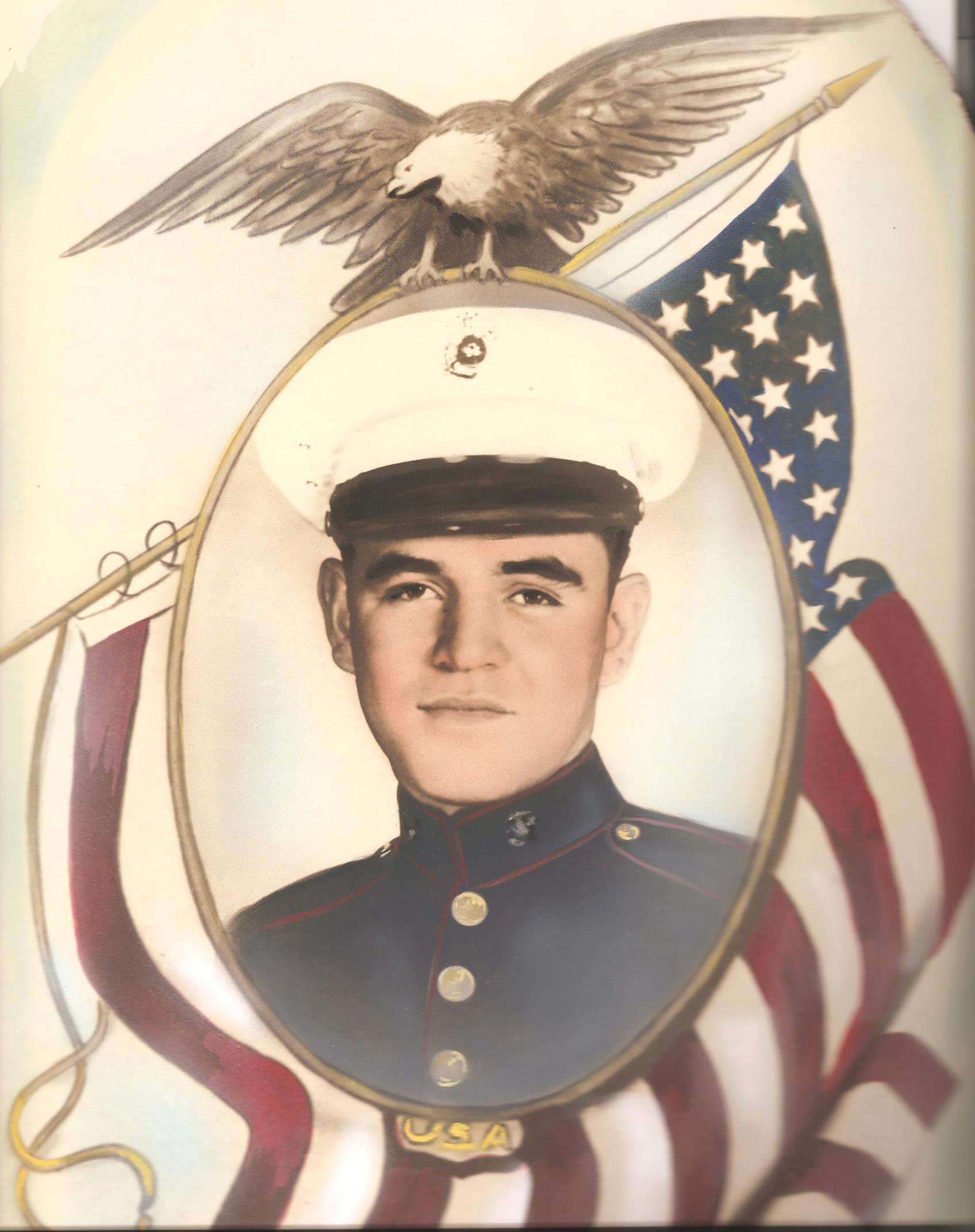
Incheon Landing Anniversary
Today is the 60th Anniversary of the Battle of Incheon. It’s also a special day for a few other reasons. One, my grandfather, a US Marine, came to the peninsula to fight with the UN forces for an entire year on this day. Also, my mom and my dad will embark on their journey to the same place for a 10-day visit to Asia.
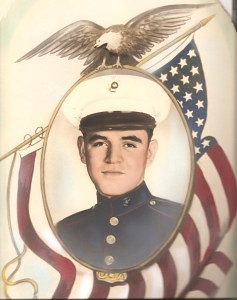
If you don’t know much about the landing The Stars and Stripes ran a short piece about the anniversary celebration and re-enactment of the event:
Approximately 100 U.S. Marines will storm the shores of Wolmi Island Wednesday to mark the 60th anniversary of The Inchon Landing – a military operation that changed the course of the Korean War.
The Marines will be joined by their counterparts from South Korea, the United Kingdom, the Netherlands, New Zealand, Australia and Canada in the morning re-enactment.
A wreath will also be tossed into the sea as part of the event, and there will be speeches given by dignitaries, including U.S. Forces commander Gen. Walter Sharp.
The Sept. 15, 1950 Inchon Landing, led by U.S. Gen. Douglas MacArthur, and the ensuing battle that lasted two days was a decisive victory for United Nation forces. It ended a string of battle victories for North Korea and split the communist forces that occupied almost all of the Korean peninsula early in the war.
A newspaper in Oklahoma ran also ran an article of personal stories about the landing itself. It’s definitely worth a read. The event is even important enough that a statue of Gen. Douglas MacArthur was erected in Jayu Park, near the site of the invasion.
But back to the main reason for this post.
Since I’ve been in Korea, I joked with people (before my parents decided to come out) that the only person in my family who has been to Korea besides me was my grandfather, when he fought here sixty years ago.
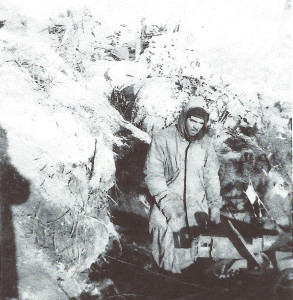
My grandfather, whose name is Tom Zayas, was decorated during his time on the battlefield. He received two Purple Hearts and other commendations. He fought nearly the entire length of the Korean Peninsula from Busan to Incheon to the Chinese border.
If you want to know more about him, there’s a page at the Library of Congress’ Veterans History Project site right here.
While I have never sat down with him to talk specifically about his time on the Peninsula, he has given me a handful of anecdotes and stories that I remember vivdly.
For example, I know that there was a Marine in his company who posthumously received the Medal of Honor. I’ve also heard stories about having to hold off waves of Red Chinese and how bitterly cold his time was here.
And the only time I’ve ever heard him joke about his time here was when I was just about to leave for Singapore in December of 2008. I remember grabbing some food on Christmas, and was asked, “John, how old are you again?”
Without any hesitation I responded, “I’m 21, why?”
He said, “21? By the time I was your age, I had blown away almost 200 guys.”
My face dropped, I thought a second, and laughed at the absurdity of the situation. I knew that he was part of a two-man team for a mounted .30 Caliber Browning Machine Gun, so I guess that story made sense, I guess.
I had never heard him say anything quite like that since I’ve know him.I’ve heard stories about being ticketed for speeding going into a war zone by the MPs and coming across a blood-tainted river. But this was like nothing before.
I asked my mom why he only recently decided to tell me random things about the war, and the best she could say is that it’s because I’m one of the few people who actually care to know what he did.
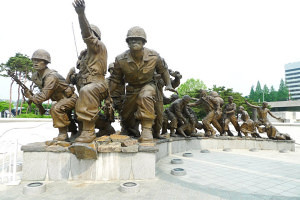
Remnants of the war still exist in Korea today. Obviously, the border is the biggest reminder, as is the fact that the two Koreas are still technically at war. The sinking of the ROKS Cheonan, the rise of the heir-apparent Kim Jong-eun are all here to remind me that this country still passes on each day with the war on its mind.
But the presence of American military, the signs on the subways, and the general graditude bestowed on Americans and UN-allied nations is obvious (at least from a governmental level. A small minority of Koreans blame the UN for preventing reunification during the war).
With more and more veterans passing on each day, I think it’s important for me now, more than ever, to know his story. Because the war (and people like my grandfather) has done so much to shape the country I now live and work in, I can’t help but try to learn as much as possible.
UPDATE: Check out this new Stars and Strips article for some photos and accounts of the landing reenactment on Wolmido this morning. For some larger photos, mosey on over to MSNBC (via “General MacArthur returns”).
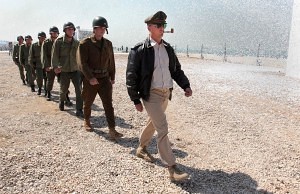


mate, u really look like your grandfather 😛
Proud to have known you since the Courtland Grammar School days. Don White USN